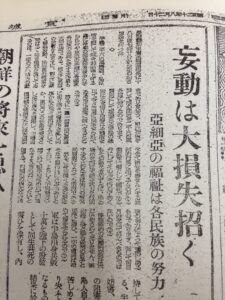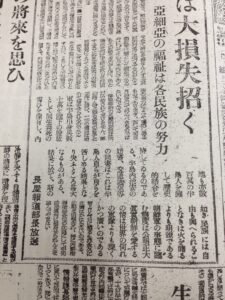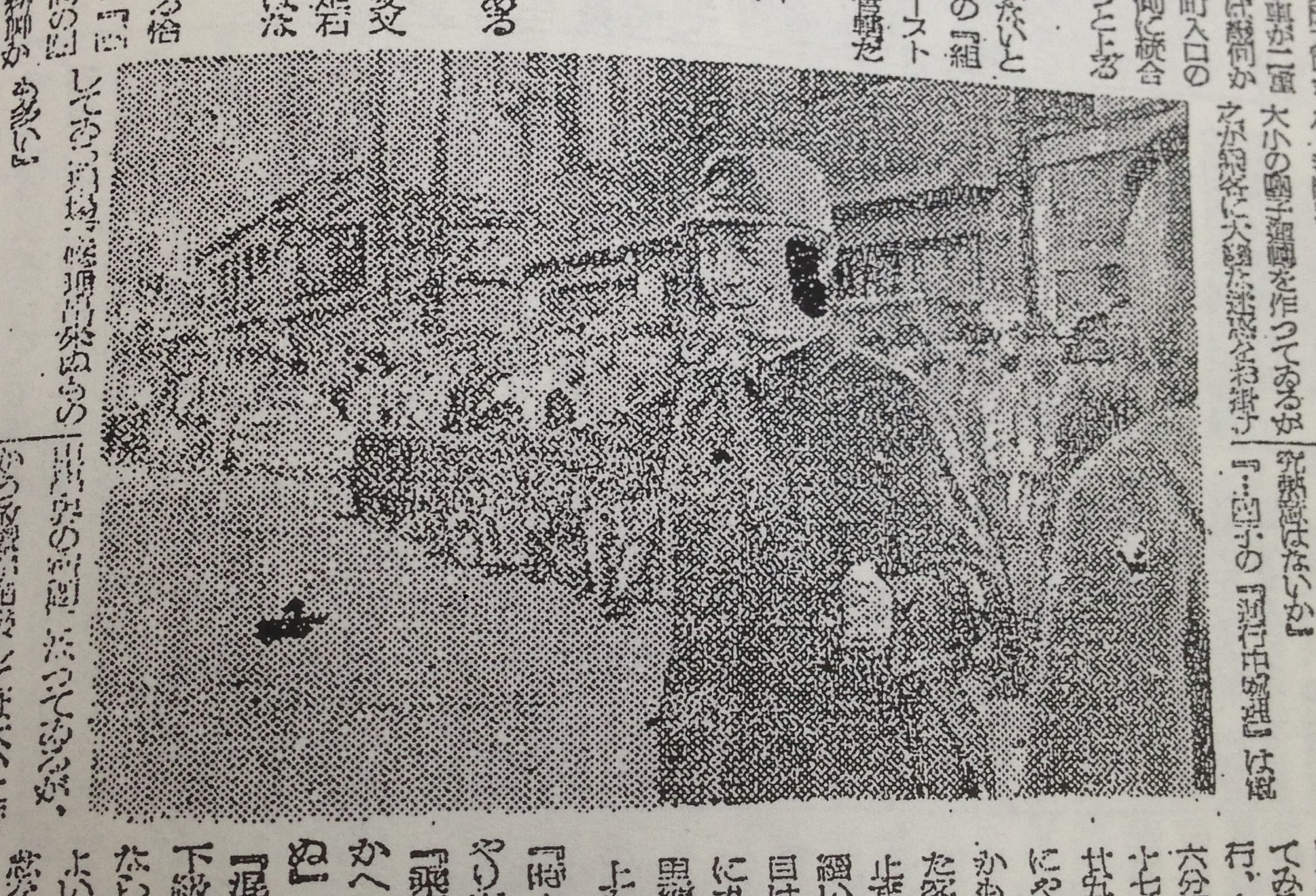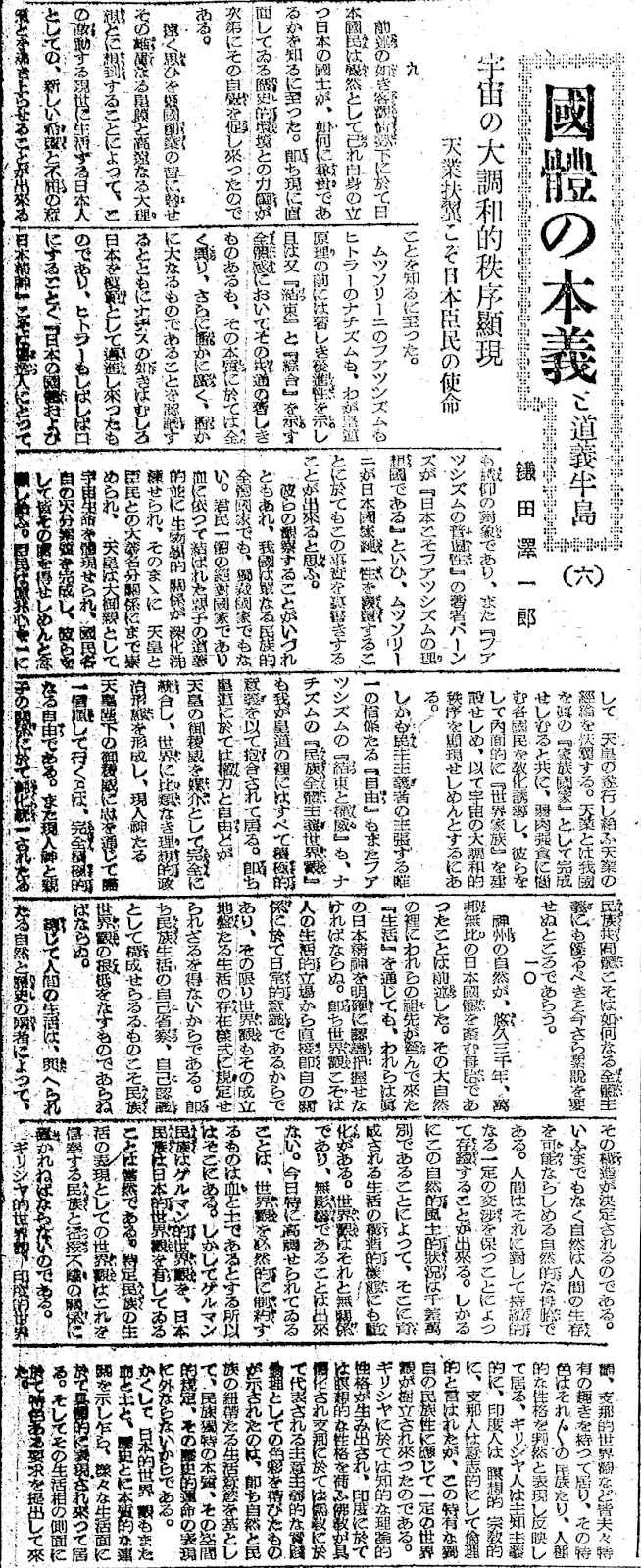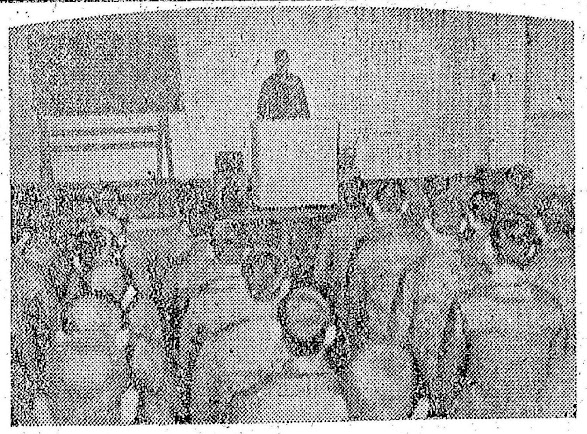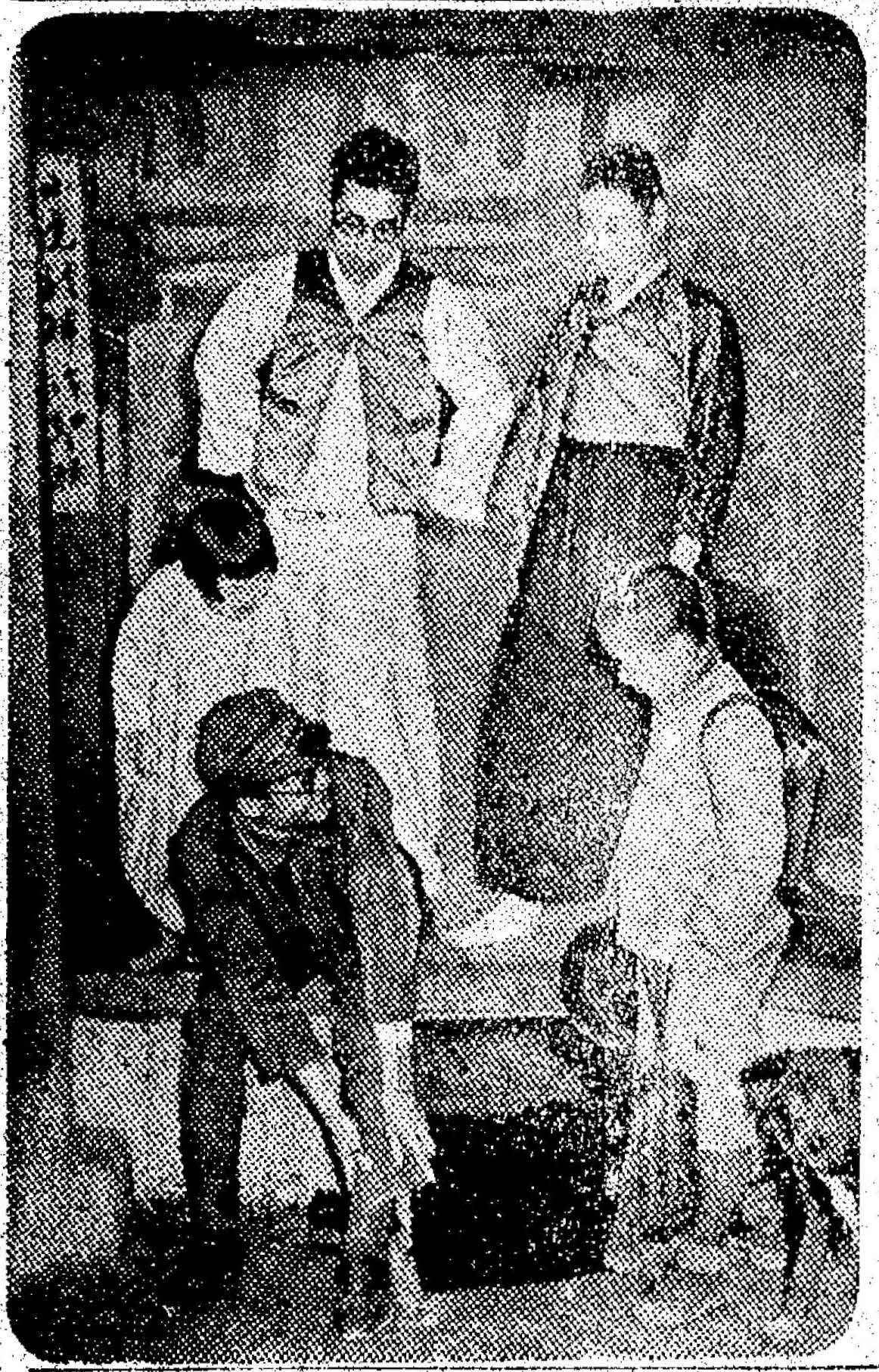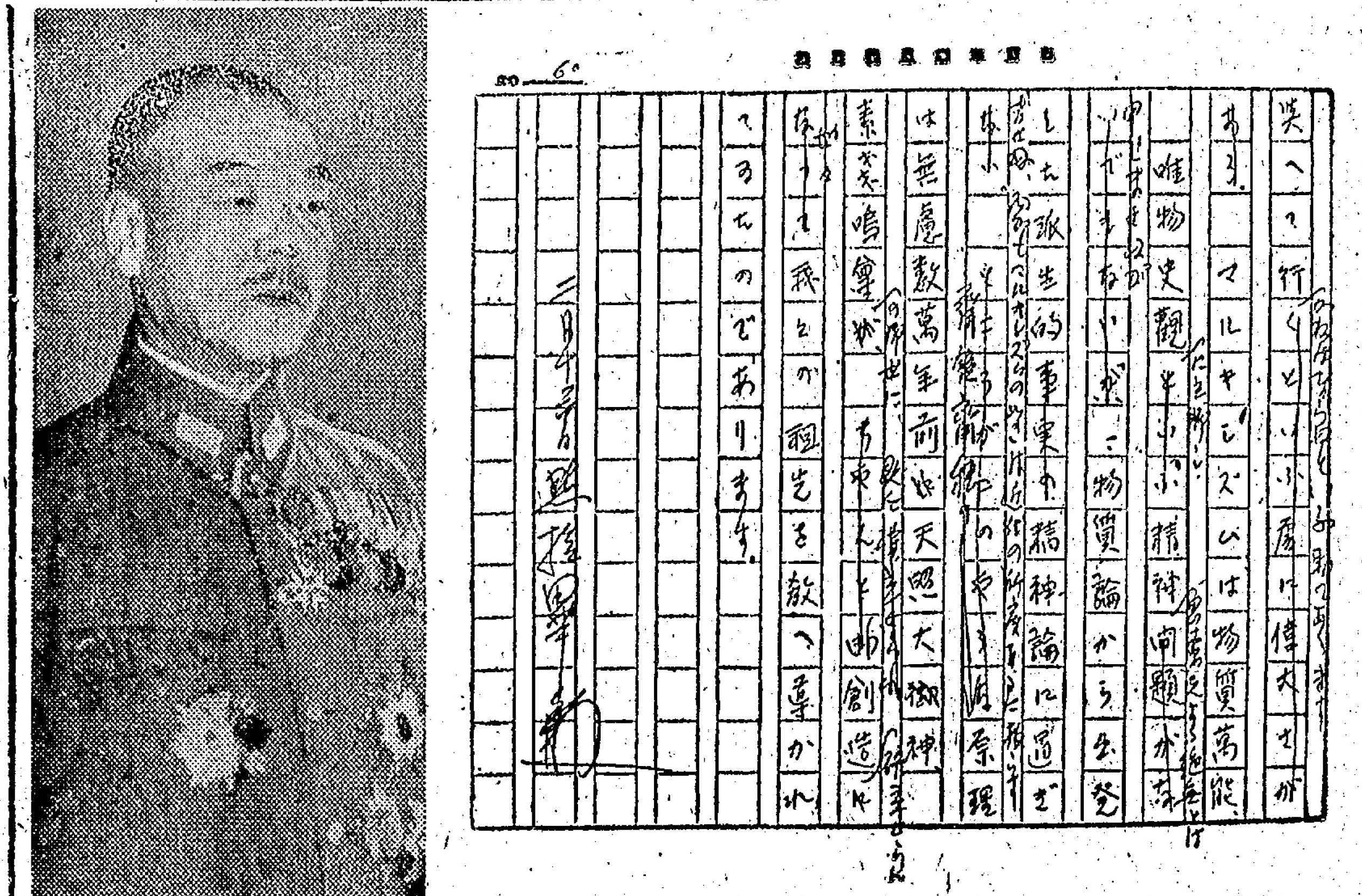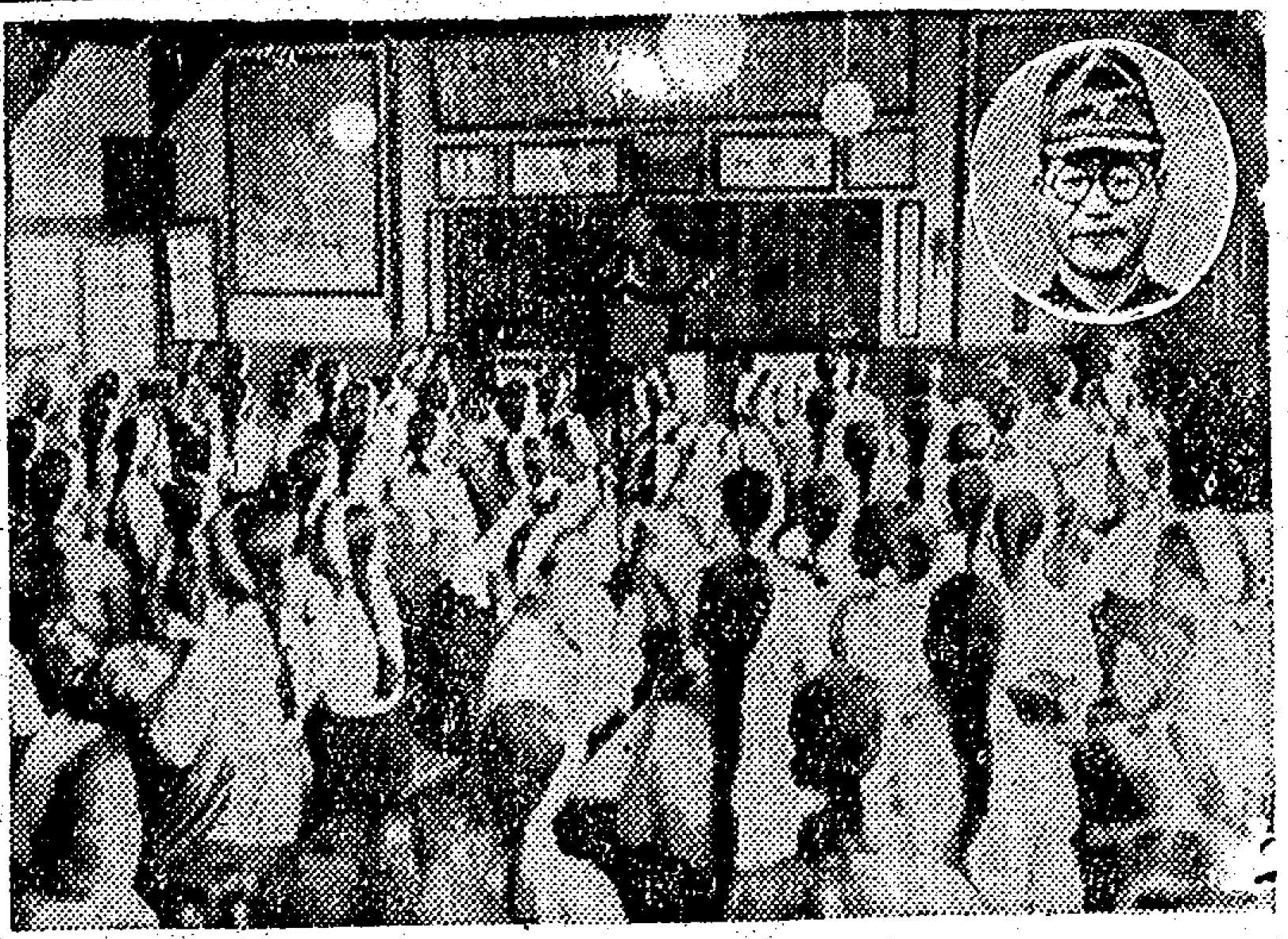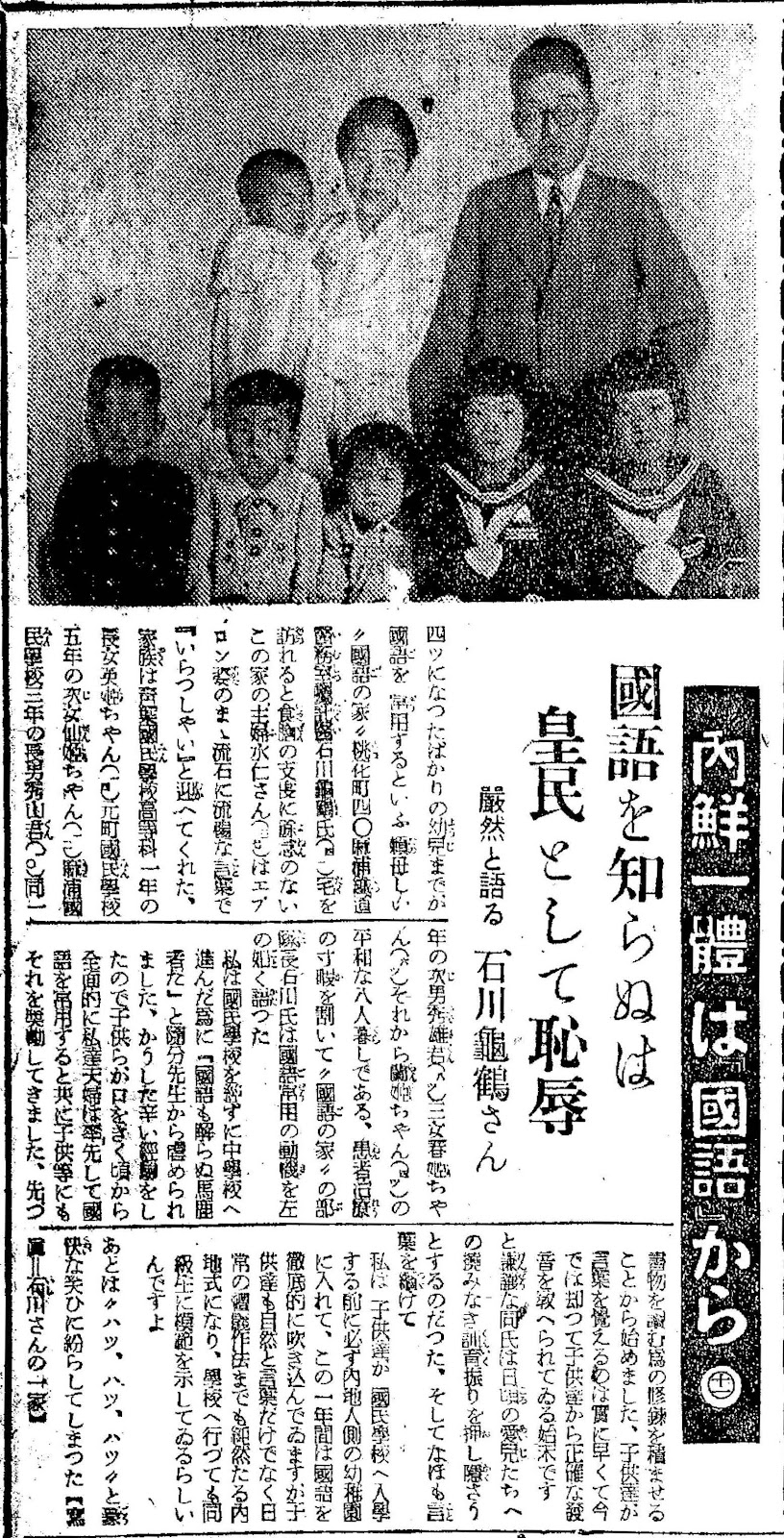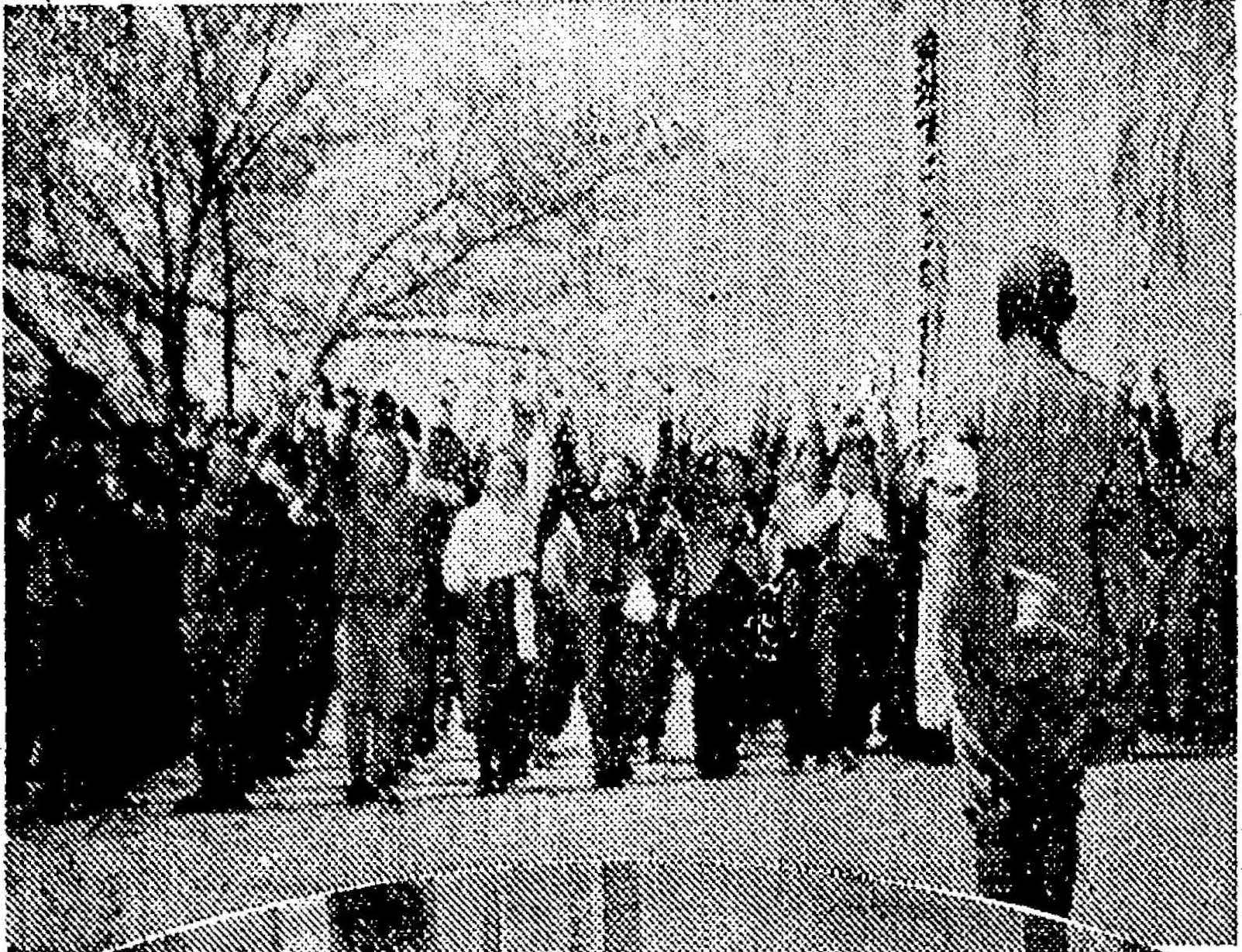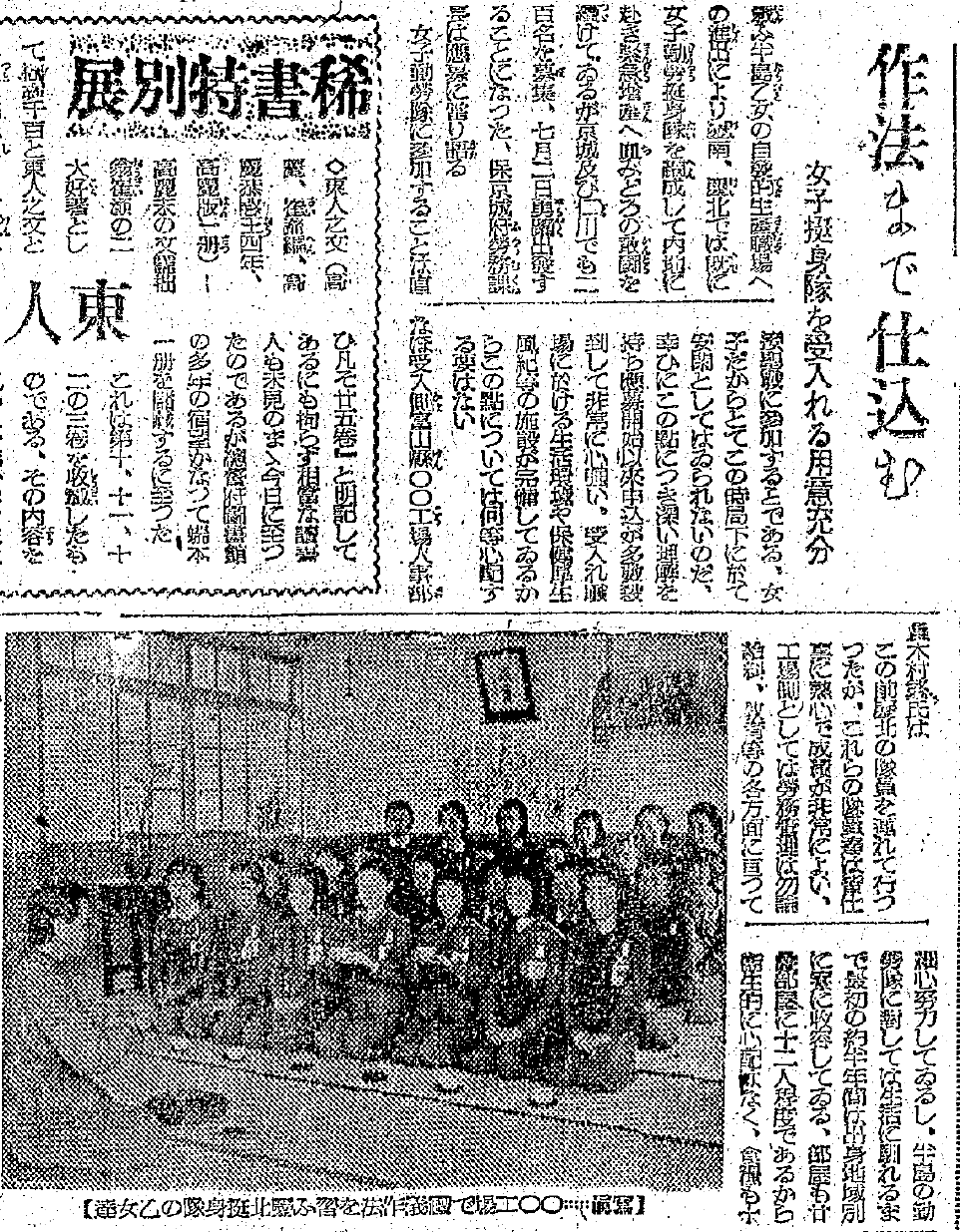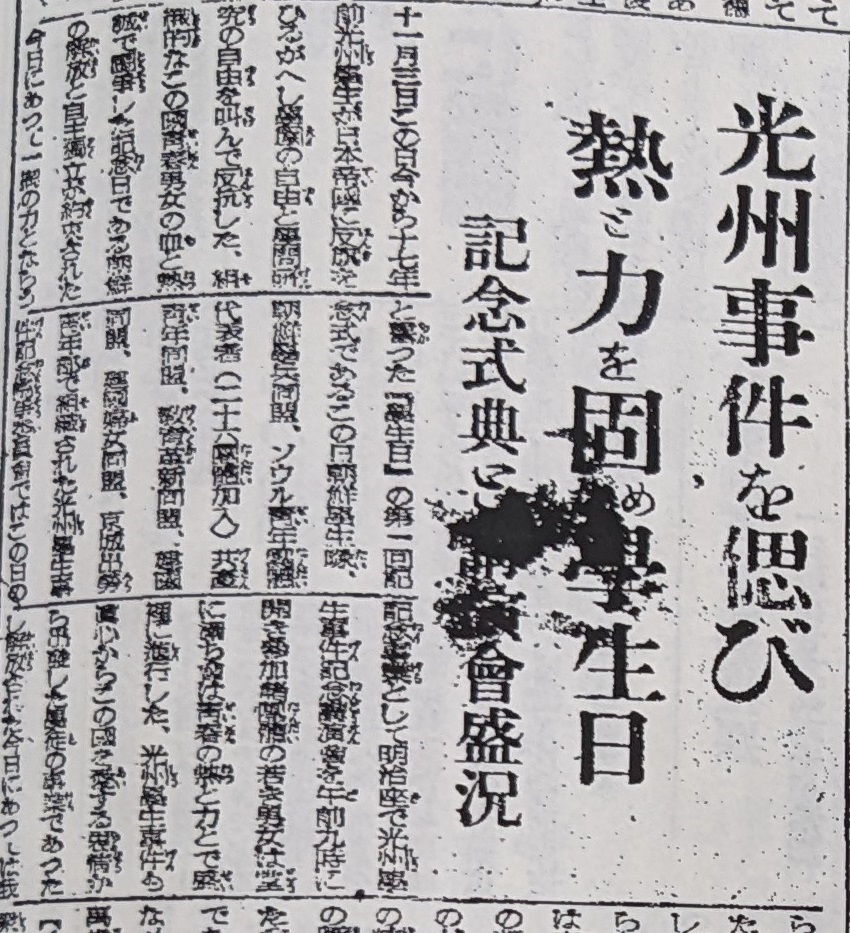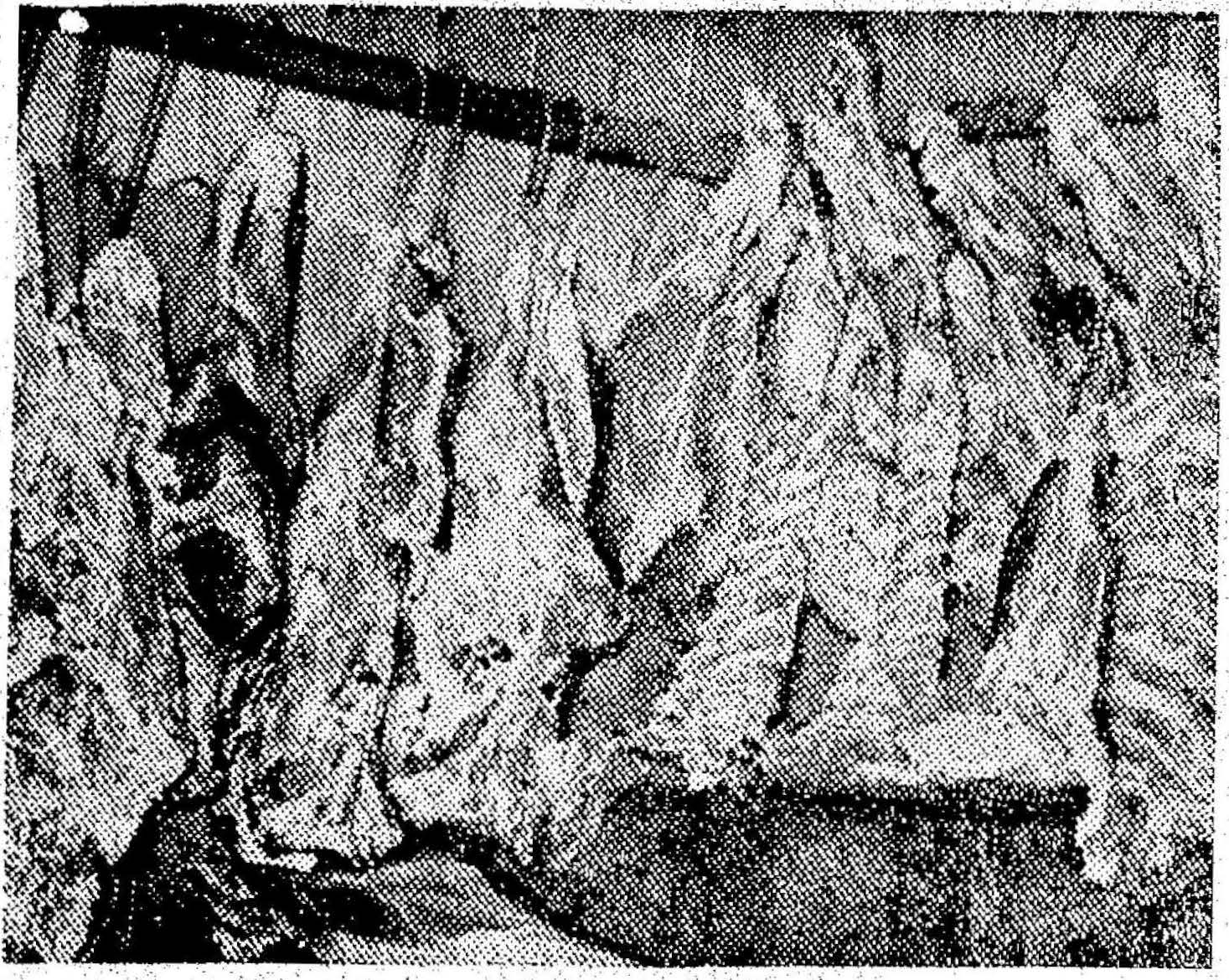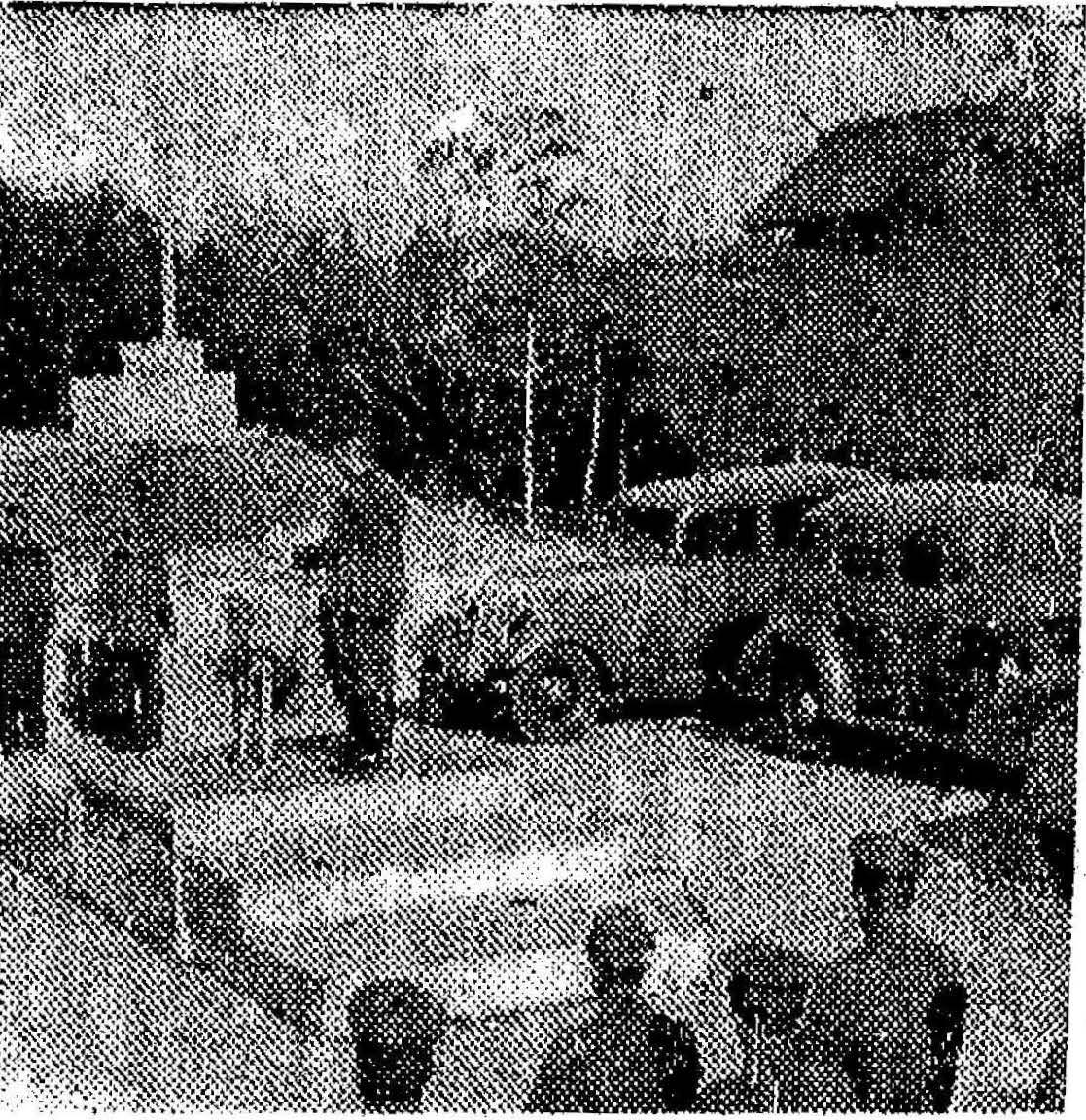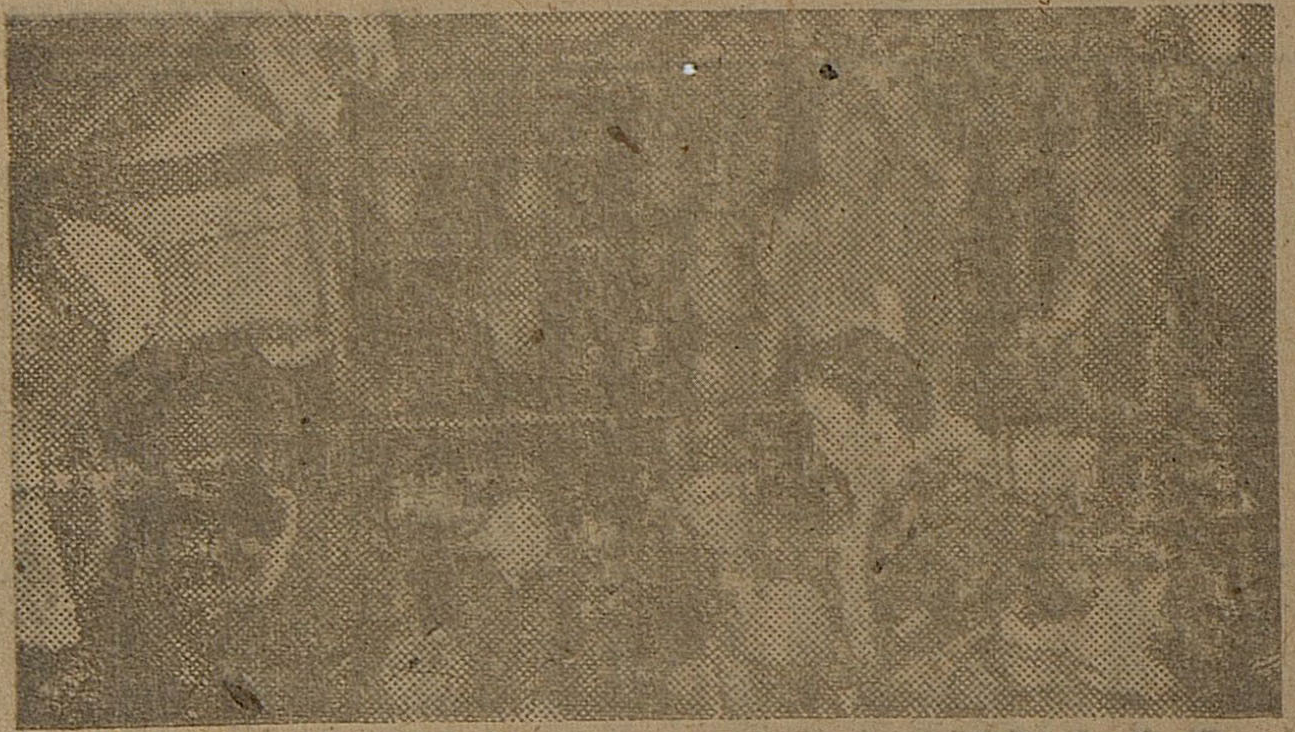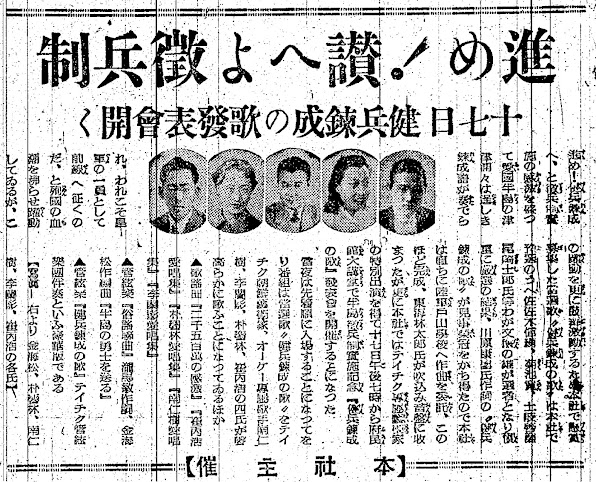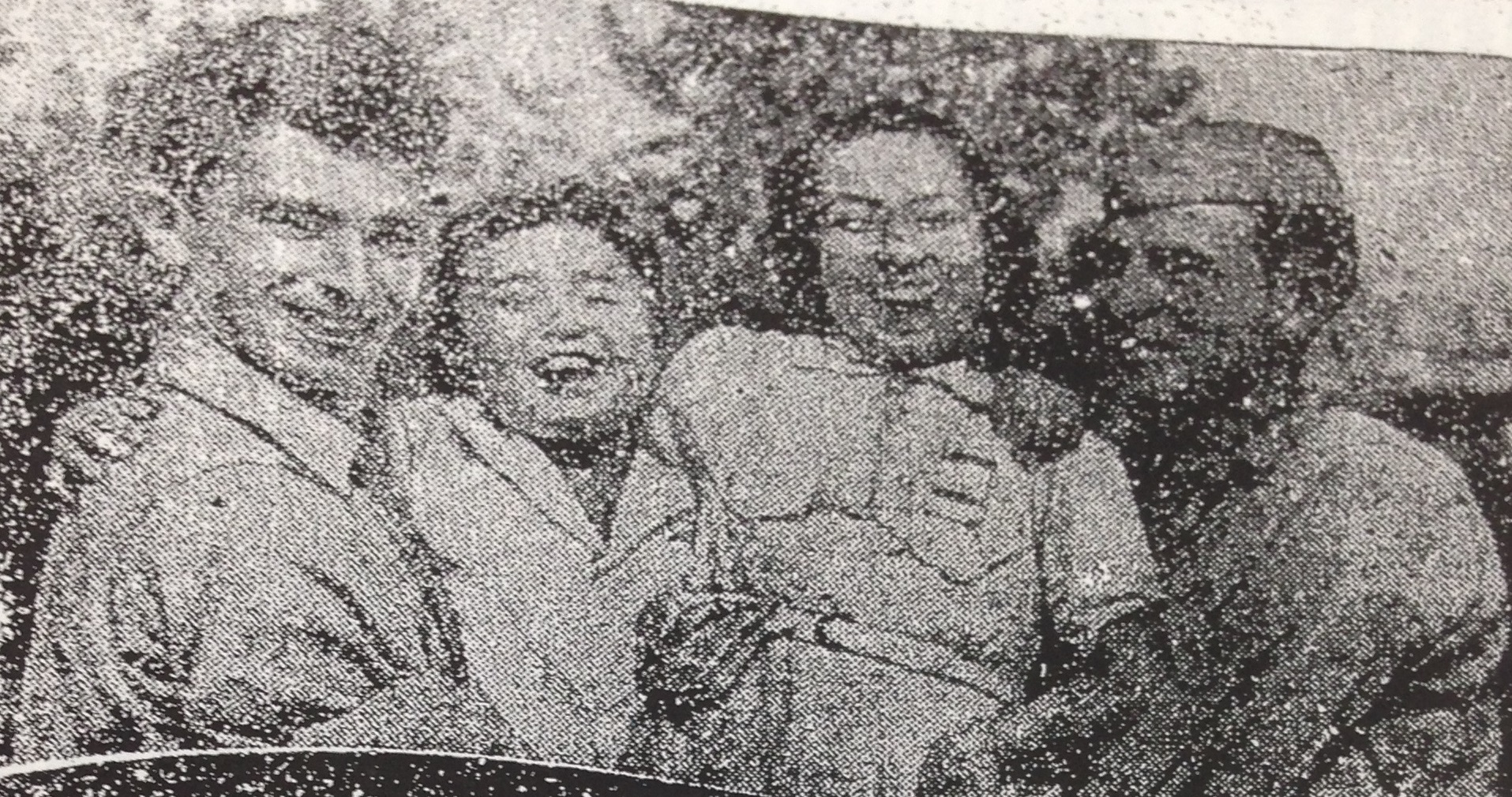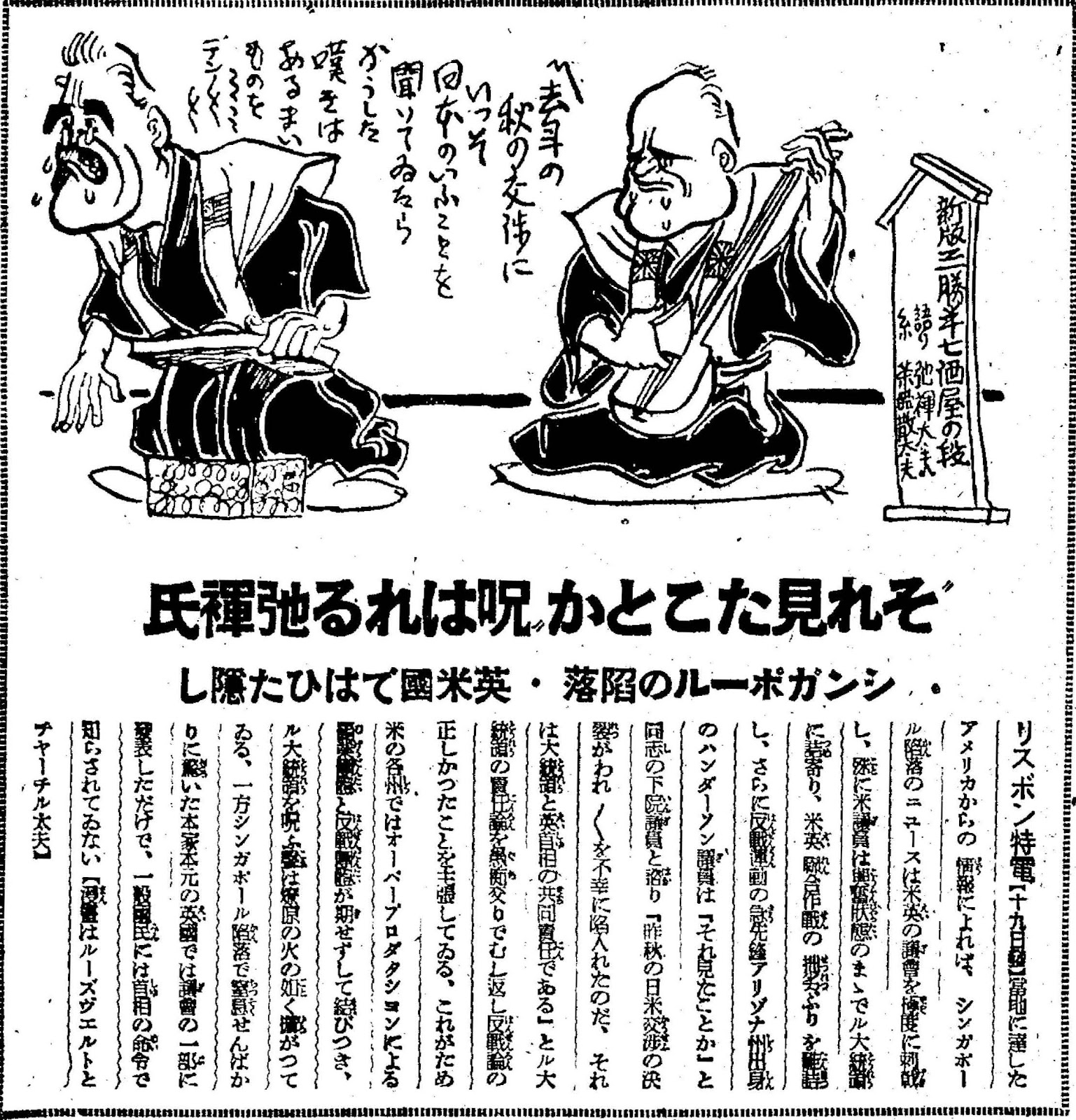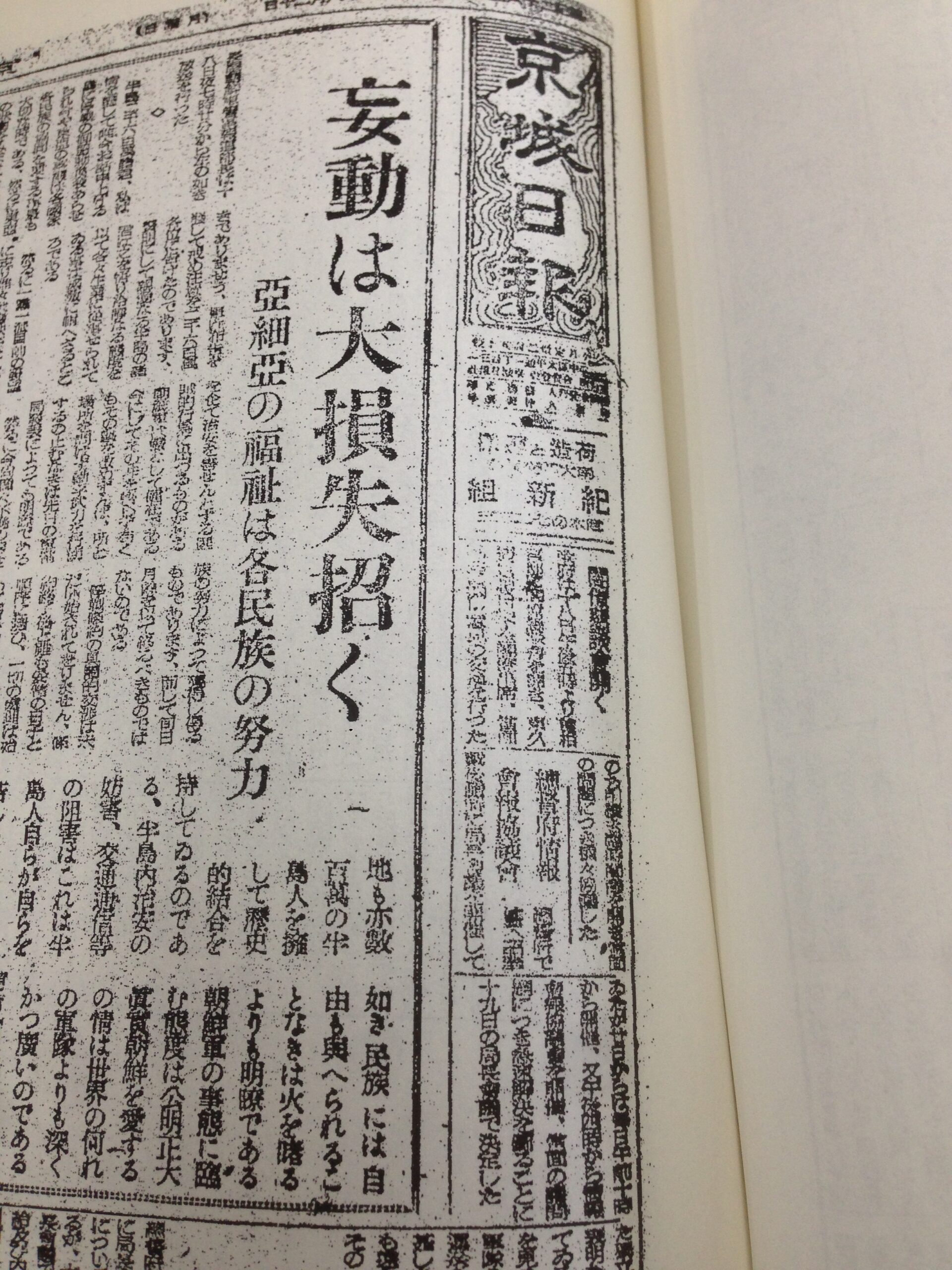
A mere 3 days after surrender, liberated Koreans were already attempting to overthrow the colonial regime in Korea, alarming the Imperial Japanese Army who made this radio broadcast on August 18, 1945 to threaten military action against ‘individuals harboring evil thoughts’
2023-11-24
457
915
This is another fascinating historical article that I stumbled upon during my visit to the National Library of Korea a few months ago. This piece is a transcript of a nationally broadcast radio address made by the Imperial Japanese military authorities on August 18, 1945. This date is significant as it’s just three days after Imperial Japan’s unconditional surrender on August 15, 1945, which marked the end of World War II.
The surrender turned the Imperial Japanese colonial regime, which had ruled Korea from 1905 to 1945, into a ‘lame duck’ government. This period was one of uncertainty and transition, as the regime awaited the arrival of allied forces to assume control. It’s worth noting that Soviet forces had already entered Korea by August 14, but American forces did not arrive until September 8.
Delving into the colonial newspaper Gyeongseong Ilbo from this ‘lame duck’ era offers a unique and intriguing perspective. It’s like watching the implosion of the colonial regime in real-time. The public messaging undergoes a transformation, moving through stages of defiance, denial, minimization, bargaining, and acceptance as the regime grapples with its sudden loss of power.
One of the most striking aspects of this article is its revelation that Korean protesters were already actively attempting to overthrow the colonial regime just three days post-liberation. A key phrase, ‘鼎の軽重を問わる’, plays a crucial role here. It literally translates to ‘to disdain the ruler, to destroy him, and to attempt to take over the throne in his place’. For any Korean with advanced knowledge of Japanese, listening to this broadcast or reading this article would have been a clear indication that political control was slipping from the colonial regime’s grasp.
Additionally, the article sheds light on the breakdown of public social order, highlighting instances of looting, rioting, and vandalism. The announcer implies that due to this chaos, Koreans could not be entrusted with freedom. This insight offers a rare and candid glimpse into the mindset of the colonial authorities during their final days in power.
I found this to be an incredibly enlightening read, offering a window into a pivotal moment in Korean history. I made the font of the second to the last paragraph very big, in keeping with the original article, which deliberately enlarged the font of those words for emphasis.
[Translation]
Gyeongseong Ilbo (Keijo Nippo) August 20, 1945
Rash Actions Lead To Great Losses
The Welfare of Asia Depends on the Efforts of Each Nationality
On the evening of August 18th, at 7:20 p.m., Mr. Nagaya, the head of the Press Department of the Korean Military Administration, made the following broadcast:
◇
Twenty-six million Koreans, I am wholeheartedly speaking to you now. With the Imperial edict of ceasefire having been issued, the situation in East Asia is at its most critical, requiring cooperation among all nations and ethnicities. However, looking at the situation in East Asia, what we see are reckless and impulsive actions, committing crimes such as attempting a nationalist overthrow of the government, likely due to the actions of individuals harboring evil thoughts. A military notice has been issued as a warning and reminder to all twenty-six million of you. It is heartening to see that wise and beloved Koreans understand this and are engaging in their occupations with a calm demeanor.
However, there are those driven by immediate ambitions, disrupting social order, seeking any possible way to make a personal profit, exploiting the tragic situation in East Asia to make big fortunes, or attempting to disrupt food supplies and damage or loot transportation and communication equipment, engaging in bandit-like activities. The Imperial Korean Armed Forces remain strong and vigilant. Those who still do not realize their wrongdoing and do not change their ways will inevitably face the use of military force, regardless of time and place, as clearly stated in last month’s military administration bureau announcement.
However, if there are still those who persist in their unprincipled conduct and engage in such evil deeds, it is imperative that the Korean people sternly admonish these actions amongst themselves, striving to ensure that such iniquity does not prevail, as I assert. The welfare of Asia can only be achieved through the efforts of all ethnicities. This is not something that can be concluded in a few days or months.
The concrete negotiations for the ceasefire treaty have not yet begun. Even after the treaty is concluded, all processes will only commence following the stipulated dates and procedures.
A historical union is being maintained between the Imperial Army, with its several hundred thousand Korean soldiers as His Majesty’s loyal supporters who have shared an oath to live and die together, and the millions of Korean people in mainland Japan. Any disruption to the internal security of Korea, including any obstruction of transportation and communication, will result in the Korean people inflicting great suffering upon themselves, and there will be much to lose. As a consequence, it is clearer than seeing fire that such an ethnicity cannot be granted freedom. The attitude of the Imperial Korean Armed Forces towards this situation is fair, upright, and sincere, and its love for Korea is deeper and broader than any other army in the world.
This sentiment has not changed from the past to the present and will remain unchanged forever. I earnestly hope that especially every ethnic Japanese and Korean member of the ruling class will perceive this point clearly and bravely take the lead in handling the current situation.
*This was the broadcast of Mr. Nagaya, the head of the Press Department
[Transcription]
京城日報 1945年8月20日
妄動は大損失招く
亜細亜の福祉は各民族の努力
長屋朝鮮軍管区報道部長は十八日夜七時二十分から左の如き放送を行った。
◇
半島二千六百万諸君、私は情を尽くして唯今お話申し上げる為に停戦の御詔勅渙発あらせられ、今や東亜の事態は各国家、各民族の協同を要する事最も大切な時である。然るに東亜の状況をみますに、観るに発く軽挙妄動、民族鼎の軽重を問わるる如き罪悪を演じているのは、一部の不心得者の動きでありましょう。軍務布告を発して戒め注意を二千六百万各位に告げたのであります。賢明にして親愛なる半島の諸君は之を悟り冷静なる態度を以て各々生業に従事せられている事は感激に耐えざるところである。
然るに一党一派目前の野望に走り唯々社会秩序を乱し何事か私の利を獲得せんとしてか、東亜のこの悲境を奇貨とし或は食糧を遮断し、交通通信機器の破損または掠奪横領を企て治安を害せんとする匪賊的行為に出ずるものがある。朝鮮軍は厳として健在である。今にしてその非を悟らず苟くもその趣を改めずんば、時と場所を問わず断乎武力を行使するの止むなきは先月の軍務局発表によっても明瞭である。
然るに今尚唯々不逞の態度をなす悪行為に及ぶ者ありとすれば、よろしく半島諸君の間に於いて断乎其戒め以て非道なきよう努めねばならないと弁ずる。亜細亜の福祉は各民族の努力によって獲得し得るものであります。而して旬日月余を以て終るべきものではないのである。
停戦条約の具体的交渉は未だ開始されておりません。条約終了後と雖も妥結の日子と順序に従い、一切の処理は始めて着手せられるのである。
軍は半島出身兵数十万を陛下の股肱として同生共死の誓いを保有し、内地も亦数百万の半島人を擁して歴史的結合を持しているのである。半島内治安の妨害、交通通信等の阻害はこれらは半島人自ら自らを苦しめる結果となり、失うところ甚大なるものがある。結果に於いて、斯の如き民族には自由も与えられることなきは火を睹るよりも明瞭である。朝鮮軍の事態に臨む態度は公明正大真実朝鮮を愛するの情は世界の何れの軍隊よりも深くかつ広いのである。
昔より今日に至るも亦永久に此の情はかわらないのである。此の点を明察され、特に内鮮指導階級各位の沈勇にして率先の時局処理に挺身せられんことを望んでやまない。
長屋報道部長放送
